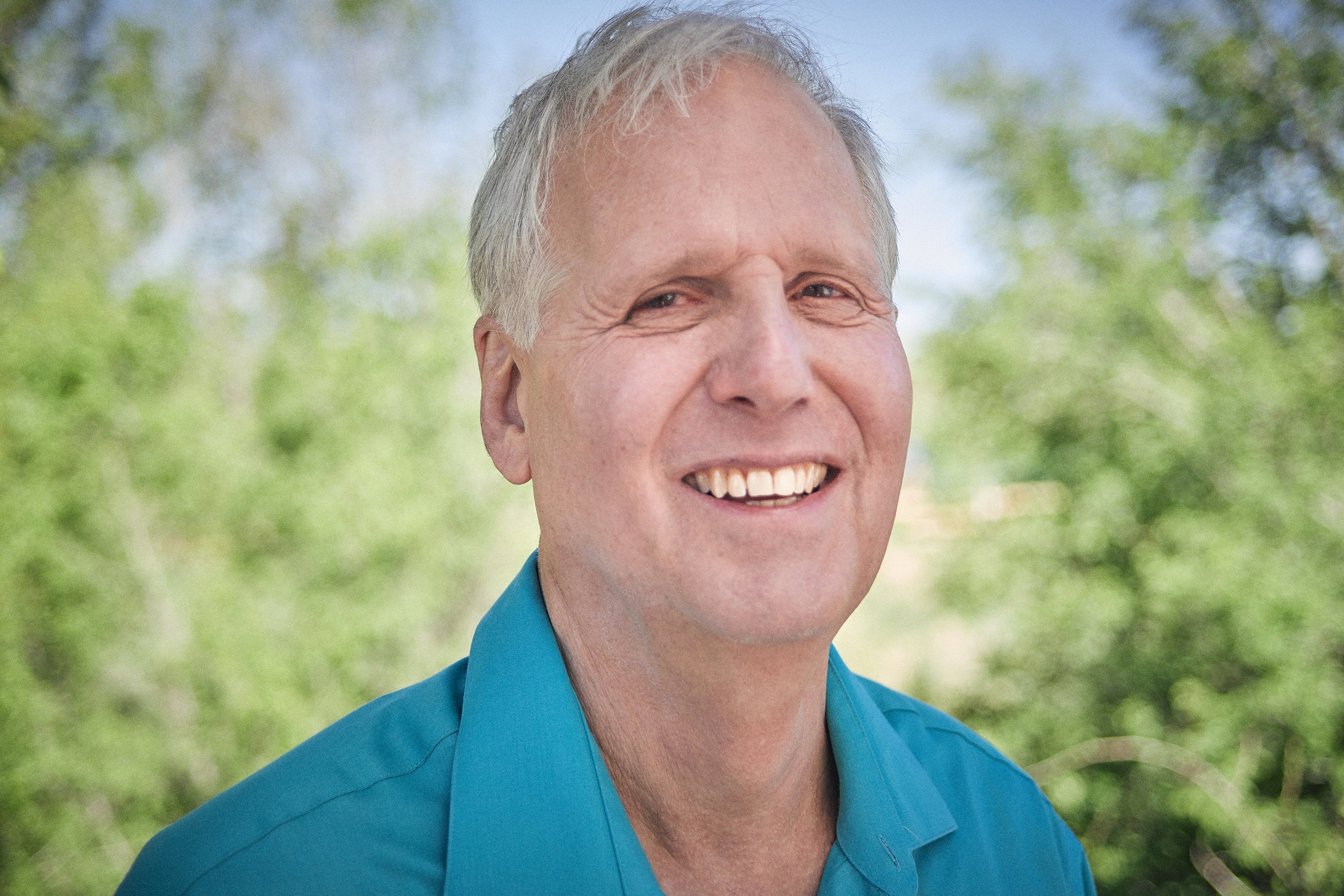Supporting Your Partner’s Well-Being
Consistently supporting your partner’s overall well-being serves your beloved and is integral to enhancing your relationship.
Physical Health
Typically, folks regard physical well-being as being symptom-free. Bodily health also involves having sufficient energy and vitality. You can encourage your partner to do regular, varied exercise, maintain a high-fiber, complex carbohydrate diet, get 6-9 hours of sleep each night, and stay hydrated. Support does not involve nagging, but rather discussions with your mate about how to best assist with their healthcare goals.
Emotional and Cognitive Wellness
Clear, direct, clean communication is the key to serving your partner in this area, as well as in constructively resolving conflict. Arrange frequent check-ins with your beloved to share feelings and to inquire about each other’s mental and emotional state. If you sense that your mate is having significant mental health issues or an emotional crisis, it behooves you to suggest that they seek psychotherapy. Firmness or tough love may be required to really get their attention, especially if you feel a serious concern about their emotional well-being. In such a case, you might also solicit a family member’s or good friend’s assistance. You may encourage your partner to remain mentally sharp through reading, intellectual pursuits and discussions, memorizing items, and doing brain-stimulating puzzles.
Social and Recreational Involvement
Striking a balance between social and private time is important. An introvert may need coaxing to seek out more social interaction or activities. Conversely, extroverts need to devote sufficient time to being alone or to spend 1:1 quality time with you. In this era of excessive social media, people need to focus on limiting their online or phone time. Nobody has a thousand, or even hundreds, of true friends on Facebook or Instagram! Playing video games can be an unhealthy addiction. It is optimal to have diverse hobbies or interests and to devote sufficient social time to being with you, with friends, and with family members.
Life Purpose
This is an often-overlooked yet important area. Do you have a clear understanding of your partner’s main life goals? Our main life purposes often change over time. Ask your beloved if they can and will identify their primary reasons for living. A quintessential question is, “Why are you here?” You may also inquire about your mate’s central purposes in this lifetime. Ask them how you can best support them to live congruently with their core values and deep desires and to consistently make life-affirming choices and decisions. As a life coach, I love exploring life purpose(s) with my clients.
Spiritual Endeavors
Research has demonstrated that belief in a higher power and frequently engaging individually and as a couple in religious and/or spiritual practices increases happiness and longevity. Consider ways you need and want to promote spiritual involvement with your beloved.
In summary, various forms of well-being support are beneficial for your partner and for your relationship. Periodic dialogue with your mate, especially in areas of deficit, serves to bolster genuine well-functioning and intimacy. Seeking outside support, including professional assistance, is sometimes very much in order.
Your life coach,
Jim Sharon
(303) 796-7004
jim@energyforlife.us
Jim Sharon, EdD is a recently retired licensed psychologist and couples' coach who has over five decades of professional experience serving thousands as a counselor, as a life and relationship coach, and as a seminar and retreat facilitator. Along with his wife, Ruth, he is the co-founder of Heartwise Relationship Academy. Dr. Sharon has authored and edited many professional publications, including HeartWise: Deepening and Evolving Love Relationships, published in 2021, Secrets of a Soulful Marriage: Creating and Sustaining a Loving, Sacred Relationship, published in 2014 (both with Ruth Sharon, MS), and Ordinary Men, Extraordinary Lives: Defining Moments. Jim and Ruth have been married since 1970, have raised three adult children, and have three granddaughters and one grandson.




